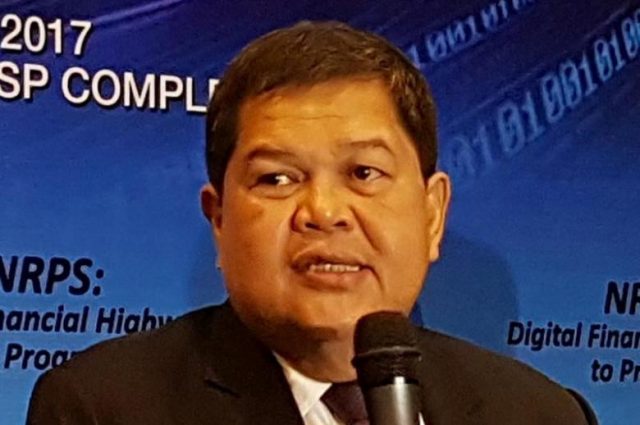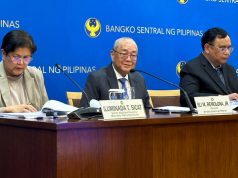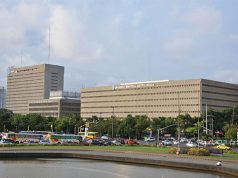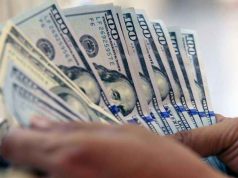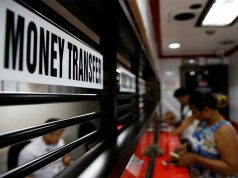MANILA – A second digital clearing house meant to process real-time money transfers is eyed to go live by early 2018, central bank officials said, which is expected to push more Filipinos to use online channels for payment transactions.
Bangko Sentral ng Pilipinas (BSP) Governor Nestor A. Espenilla, Jr. said the InstaPay platform — which will process fund transfers across banks and e-wallets in real time — is being targeted for rollout sometime within the “first quarter of next year.”
This would be the second automated clearing house that would cater to interbank fund transfers done through electronic fund transfers (EFT) which was rolled out last week.
A group of 33 banks and financial technology service providers have signed up for the Philippine EFT System and Operations Network (PESONet), which will serve as an industry-run clearing house that will conduct daily batch processing for online fund transfer orders from one account to another.
The PESONet will accept digital payment instructions which are processed through a central server hosted by the Philippine Clearing House Corp. This system is eventually seen to replace paper-based checks, which currently takes one business day to complete a fund transfer.
On the other hand, the InstaPay will allow the immediate transfer of money across bank accounts and electronic wallets, provided that the transactions are worth less than P50,000.
The two clearing houses were initially eyed in place during the third quarter of 2017, but it took a while for financial firms to pin down inter-operability agreements.
BSP Deputy Governor Chuchi G. Fonacier said separately that financial players are still discussing the need for a guarantee fund which will be used for the express clearing.
“There will be a fund that will be ready to clear the transactions anytime, so a bank must have it ready,” Ms. Fonacier told reporters.
She added that industry players are also studying transaction fees to be imposed for interbank transfers and remittance charges.
During the Business and Investment Summit of the Association of Southeast Asian Nations on Monday, Mr. Espenilla said the central bank has been embracing digital platforms for a more efficient financial system, citing the need for industry players to embrace cooperation while remaining competitive.
Electronic money transactions in the Philippines totalled P1.1 trillion last year, marking an all-time high as more financial firms offered the digital services to consumers.
The BSP has formally adopted the National Retail Payment System framework, with the goal of raising the share of digital payments to 20% of total transactions by 2020 from a 1% share in 2013.
The faster deployment and access to money is seen to spur increased economic activity, the central bank said.

